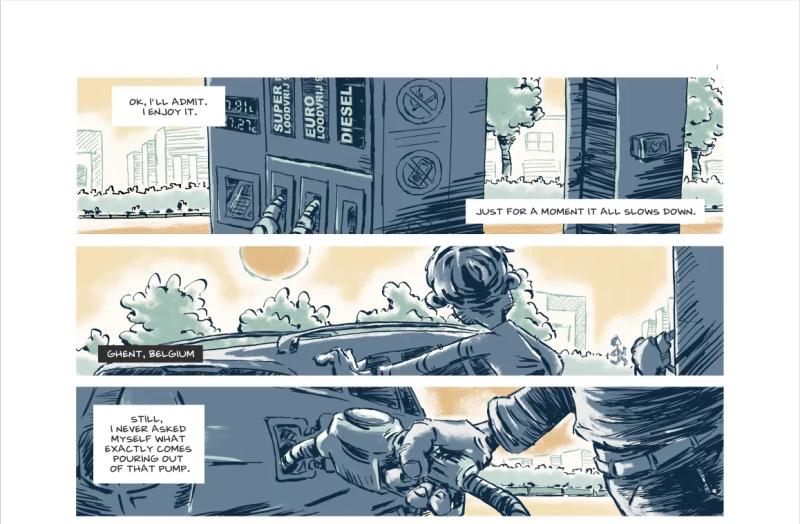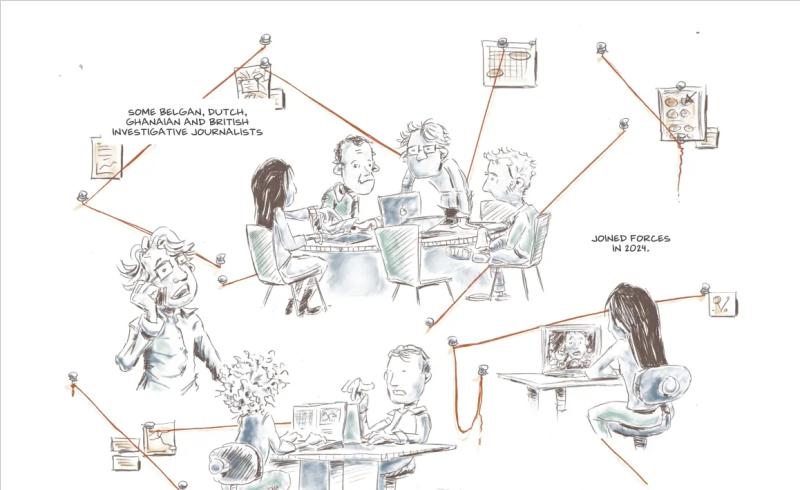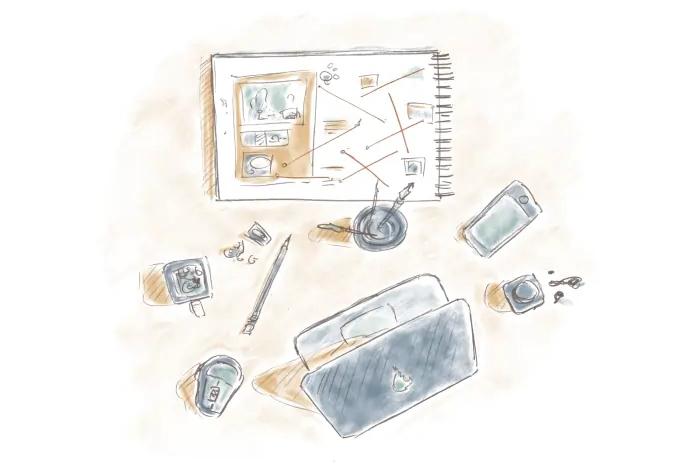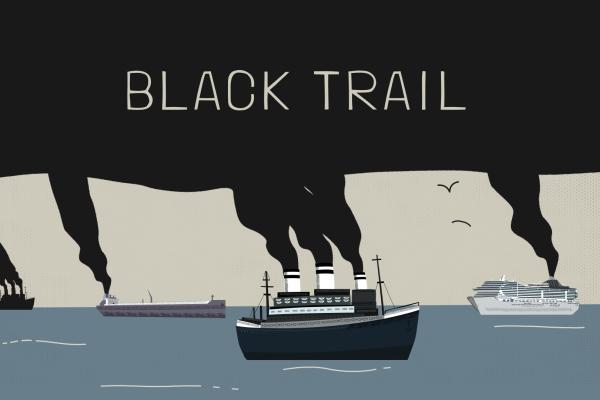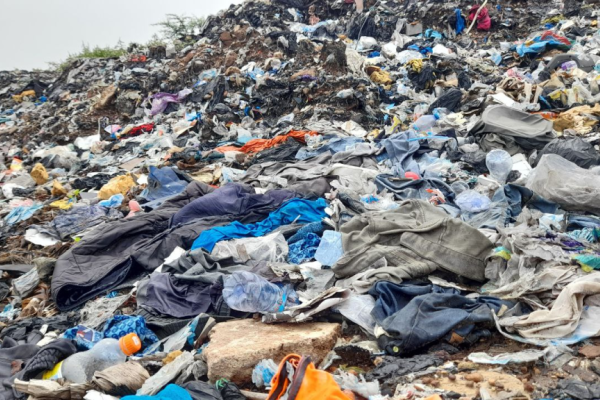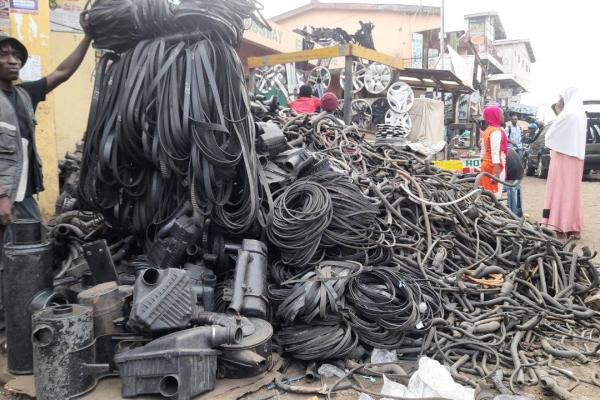Strict fuel standards have been in place in Europe since 2009. Nevertheless, polluting and harmful fuels are still being produced and exported. West African countries are a major market for low-quality, high-sulphur fuels.
Until recently, the ports of Amsterdam and Antwerp were important blending hubs. Since April 2023, the Netherlands has enforced stricter export standards, and Belgium has followed suit since September 2024. However, the industry is adapting, and dirty oil is finding its way through other ports, both within and outside Europe.
This investigation builds on the work of previous journalists, including those from Apache, OC Spit, Data Desk, and The Continent, from 2024. Using the most recent trade data, it illustrates the impact of the changing regulations. The findings reveal the dynamic nature of the blending business and highlight the urgent need for international regulation.
Illustration: © Jonas Verstraete


